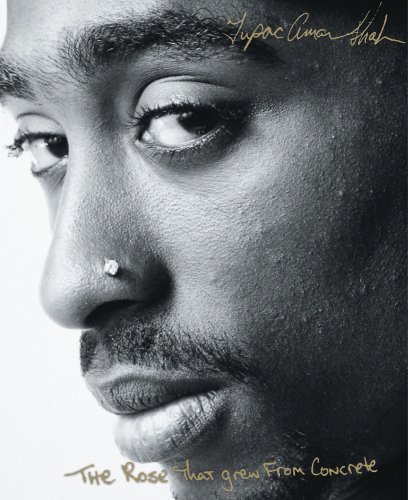COMMON'S "POP'S RAP" NOT JUST A SONG, BUT A NARRATIVE OF A UNIQUE FATHER/SON RELATIONSHIP
As a young kid and today as an adult - one of my favorite artists is the rapper Common, formerly known as Common Sense. His commitment to great music and community is inspiring to men across the globe. But before we came to know the Common we see today, there was “Pop’s Rap”. If you’re a real Common fan, you’ve listened to the closing tracks of many of Common’s albums - most of which are an audio tale of Common’s dad and his relationship with Common as an adult. You may have noticed that many of Lonnie Lynn Sr’s (RIP 2014) poetry doesn’t reflect much of Common’s youth. As we hear in some of his words, Lonnie Sr experienced some hard times, experienced some selfish moments, and lived with some sense of regret about the choices he made as a father. One of the more notable quotes I remember from One Day It’ll All Make Sense are the words - “One morning you looked across the table at me, it was like: ‘What? What you gonna be? What you gonna do? You got the responsibility to teach me the right things. You got the responsibility to teach me truth, and respect and love.”
Even as a young person - I remembered hearing those words from Common’s dad on “Pop’s Rap Pt2/Fatherhood” thinking - “wow, he’s basically saying that his son - Common - was teaching him, showing him the way”.
There’s an untold story of young black boys being raised in homes where there’s still a connection with their fathers, but that connection is built on a sort of reverse parenting. A child watching his father struggle with drug addiction, lack of commitment, drinking, or whatever the challenge may be. And in those watchful moments, the son has to grow up. The son has to become a man because, well, the man that is slated to guide him just isn’t ready or prepared for that task. As this dynamic develops a young son, in this case, Common, starts to lead his own way and by doing so, stirs a sense of realization among his father or father figure. That father watches his son live a life of maturity and responsibility and it reminds the father where he, as a dad, needs to be. And this is exactly where we see the beauty of Pops Rap and the relationship of Lonnie Lynn Jr (Common) and Sr. A relationship that is built on a father seeing his son not as a clay molding kit, but as a peer, a mentor, and an inspiration. And the son, sees the vulnerability, humility, and love in his father. It’s not perfect, but there are many relationships like this in our community and it represents a very strong and poignant track for father and son, despite it’s imperfections.
Common’s tale takes on a bit of a personal connection for me in that, I was raised by my step father - Bo Neely - my hero, my soul, and my inspiration. But I did have a relationship with my biological father. He was a street hustler, very charismatic, handsome, well known, but challenged with drug use and a lust for women. My biological father never truly matured to the level needed for long term parenting commitment, but as I grew into an adult, and in his later years, we came to a relationship that was not built on a father/son dynamic, but rather a friend and muse. We’d talk on the phone for hours about some of the challenges he experienced in his life, how I inspired him. I’d share stories of dating, emotional struggles and build on his experience and vulnerability. Our phone conversations later evolved to more in person gatherings, usually at a local bar where he was a neighborhood rock star. I remember one night meeting him at one of his favorite cocktail lounges and him introducing me to all of his friends, women, and alike. There was this sense of affirmation for him. I could feel - even as a young man, his need to show his community that yes - he had made some mistakes, but despite all of that, he still had a relationship with his son and that made him more human. I think he needed that. For me, I, like many young sons, still loved the experience of just bing loved by the man that helped create me. There was never a doubt about his status vs. my step dad, the man I call my father, but I still felt a warmth of comfort whenever I was with my biological dad. Dealve Smith later died of a heart attack likely brought on by hard years of drinking, drug use, and running the streets, but I was thankful for those later years and the experience of a different, yet fulfilling father and son relationship that met the needs of our particular situation.
Hats off to Common, his dad, and other fathers and sons that share similar connections. The Pops Raps weren’t just poetry, songs, or tales - they were a reflection of a unique yet powerful connection many black men share with their fathers. Pops Rap tells us a lot about how to forgive and grow, how to be empathetic, and how to discover love and compassion for the men in our lives, despite what modern society may call “failed parenting”. I hope this story inspires lost family relationships to find new paths to love and connection.

